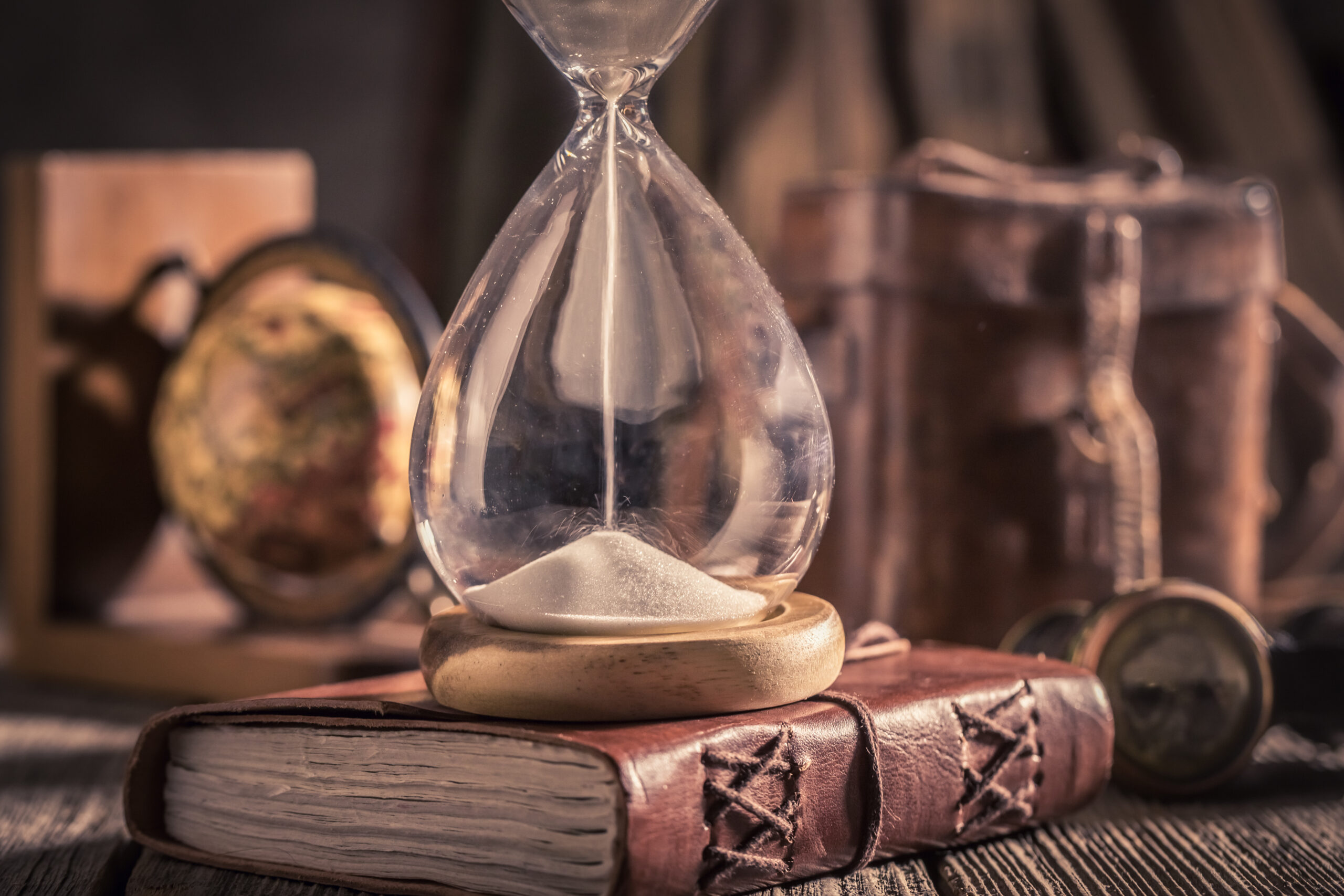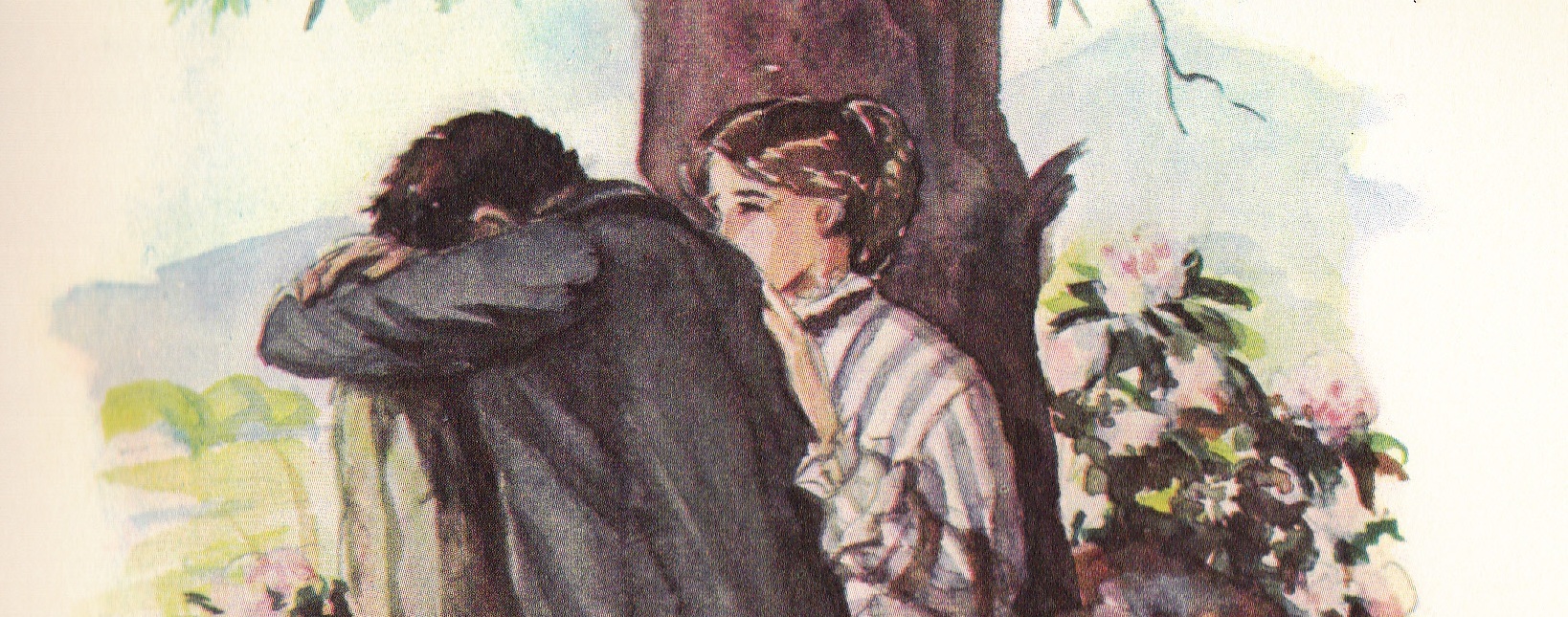English Lit class, many moons ago. The professor has just announced that the next novel we have to read will be Pride and Prejudice (somehow it always ends up being about Jane Austen!).
As you may imagine, his announcement met with groans, mainly from students of the male persuasion (get it? Persuasion). I, however, cheered inwardly. I loved P&P. I had read it countless times. And now I was going to get to talk about it, write about it, and get tested on it!!! Oh, life was good.
Toward the end of the semester, my teacher made some interesting points that have stuck with me to this day, things that explained why I’d always loved books about people from yesteryear. He said something about how people don’t write in the past, they write in the present—their present, which is the time period all action takes place. We often say things like, “Time flies,” mainly because we don’t know what else to say, or “There’s never enough time,” as if it is a tangible thing that we can hold, hoard, and quantify. But does time really pass us by or do we pass through time?

The Stuff Life is Made Of
The idea of time travel has always captured my imagination, perhaps because as kid I regularly traveled through time. I read books like Little Women, and the Anne of Green Gables series. They were transportive and timely.
Timely, in the sense that all writers write their stories in their present. Their stories are not about archaic sounding/acting people, but modern people living in modern times. By their words and actions, it may become apparent to us that they are governed by a set of mores and manners that we have perhaps outgrown. Occasionally they will mention a mode of conveyance (brougham) that differs slightly from what we’re used to, or a character will appear in a scene wearing a garment or hairstyle (pompadour, hoop skirt) that is unfamiliar to us. Yet despite these superficial differences we recognize something that transcends time or place—the human heart.
As Sting said, “the Russians love their children too.” Or as Jack so profoundly pointed out in a vintage Jack in the Box commericial, in Italy, it isn’t called Italian food, it’s called food.
As a side note, some of the male students confessed that they actually liked Pride and Prejudice, much to their surprise. The lesson: don’t get hung up on differences; just give Pride & Prejudice a chance; food is food; time travel is possible (all you need is a good book).





